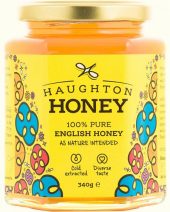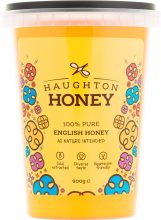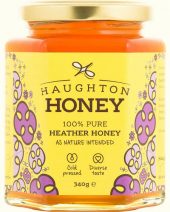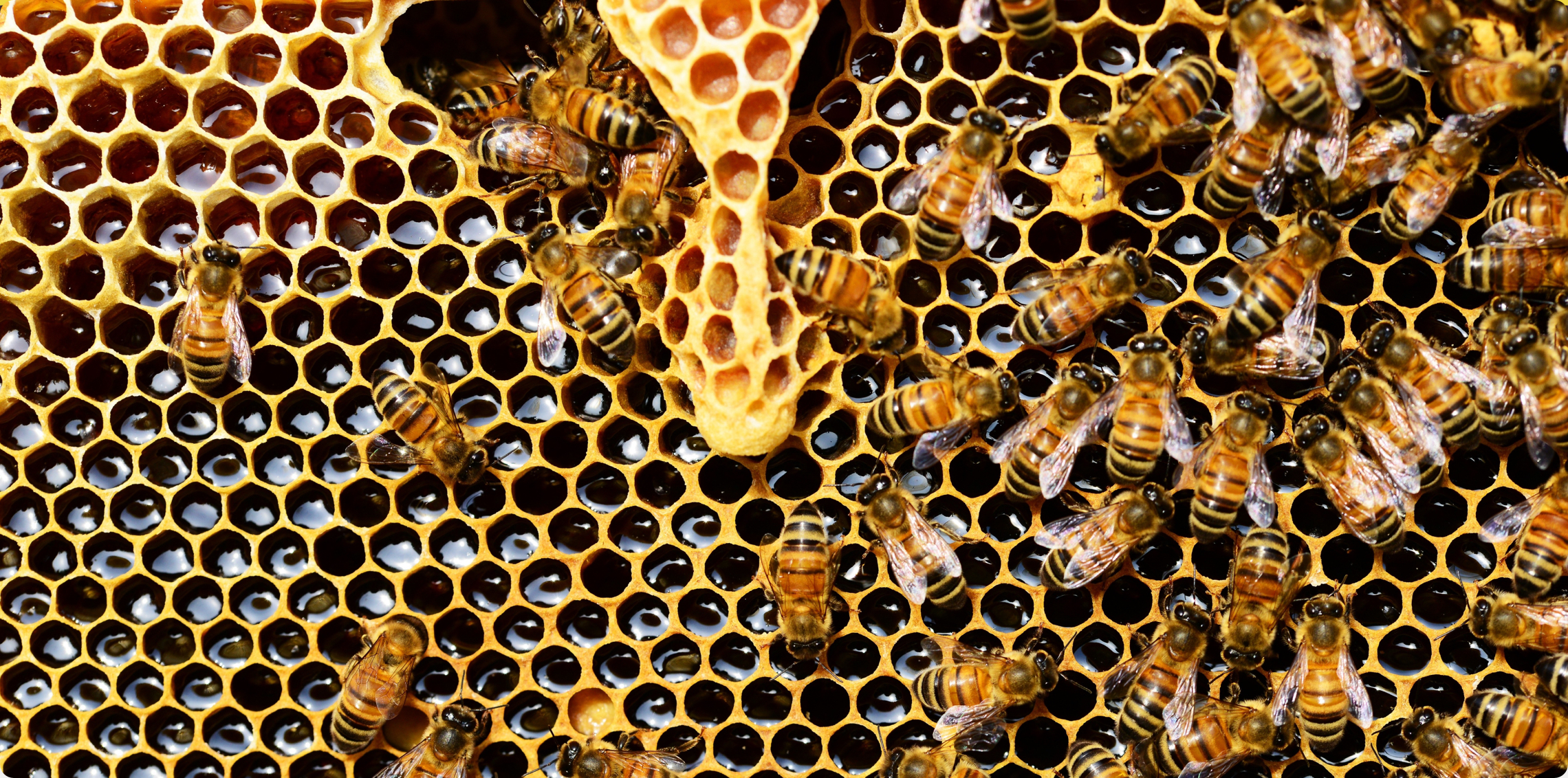
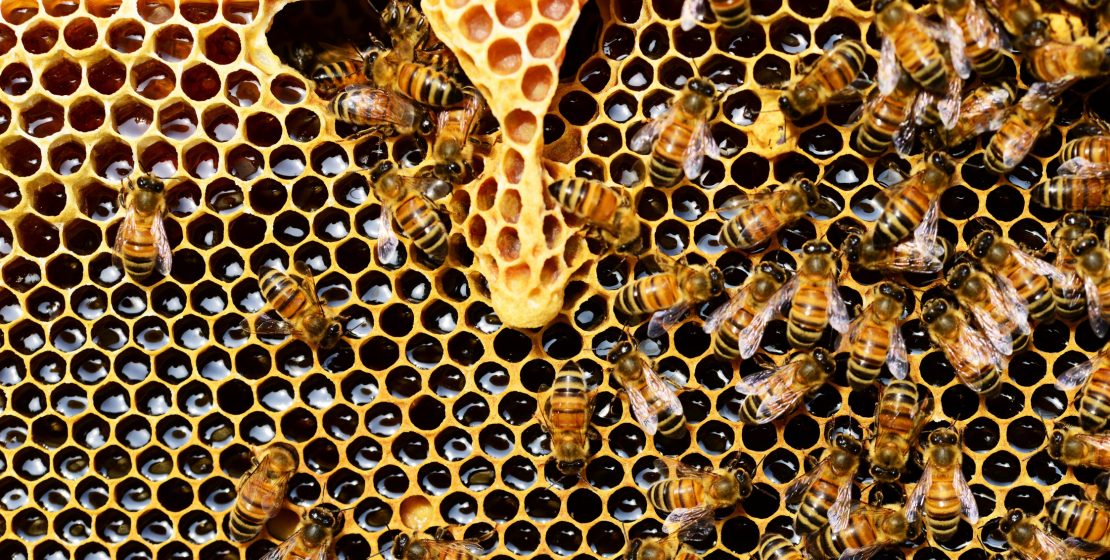
Raw Honey
Raw honey is natural honey that hasn’t been pasteurised or fine filtered (or ultra filtered sometimes). Simply put, it’s had minimal processing before reaching the jar and contains a host of vitamins and minerals that just don’t exist in refined sugars.
It contains phytonutrients (surprise surprise, also found in plants) which give raw honey it’s antioxidant properties and is the main reason that it is has antiseptic and antifungal properties. Scientific studies link the specific antioxidants present in raw honey – glucose oxidase – to a reduction in oxidative stress, therefore lowering blood pressure and also the boosting of the immune system.
The medicinal properties of raw honey are as exciting as its breadth of flavour.
Unlike pasteurised honey, raw honey is recognised as a powerful prebiotic – it contains living microorganisms that can increase and drive the growth of good bacteria in your stomach and digestive tract.
Did we mention that raw honey can also be used as a dressing for minor skin complaints? It’s used in wound dressings for ulceration in the form of ‘medihoney’, allowing the body to heal from the outside in, also for the relief of eczema by direct application to sore areas and even our animal friends benefit when they cut themselves as it creates the perfect barrier against infection for wounds.
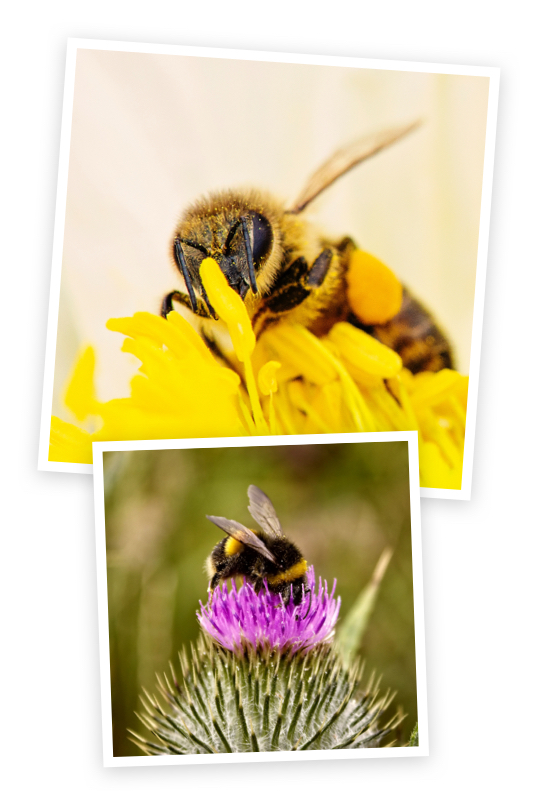

ANCIENT EGYPT
Modern archeologists, excavating ancient Egyptian tombs, have often found something unexpected amongst the tombs’ artefacts: unspoiled pots of honey. An unmistakable testament to the eternal shelf-life of honey. There are a few other examples of foods that keep indefinitely in their raw state: salt, sugar and dried rice for example. But there’s something about honey; it can remain preserved in a completely edible form, and while you wouldn’t want to chow down on raw rice or salt, one could ostensibly dip into a thousand year old jar of honey and enjoy it, without preparation, as if it had been out of the hive just a day. Put simply, its acidity, the lack of moisture and the presence of hydrogen peroxide all work in perfect harmony allowing the sticky stuff to last forever.

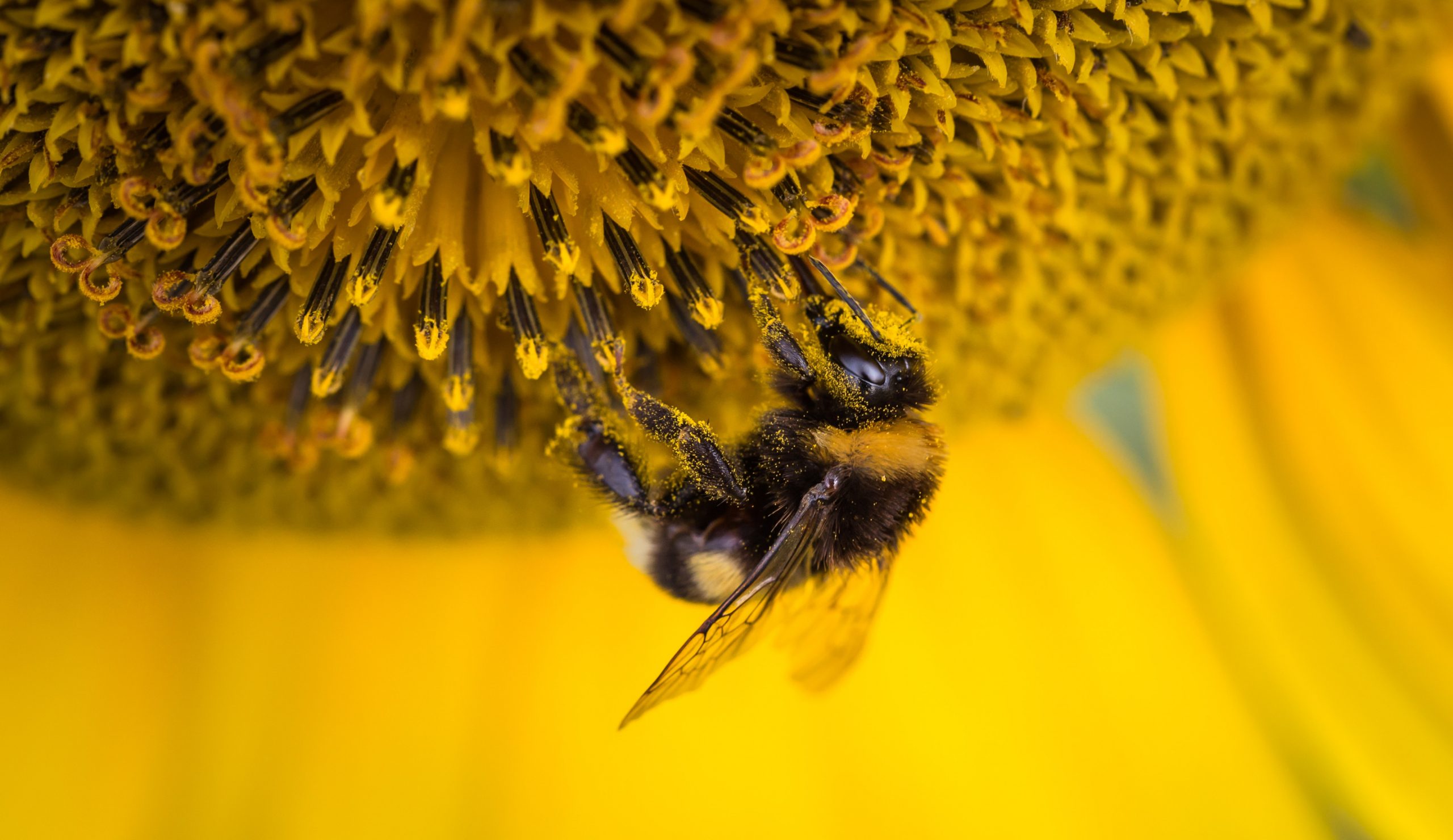
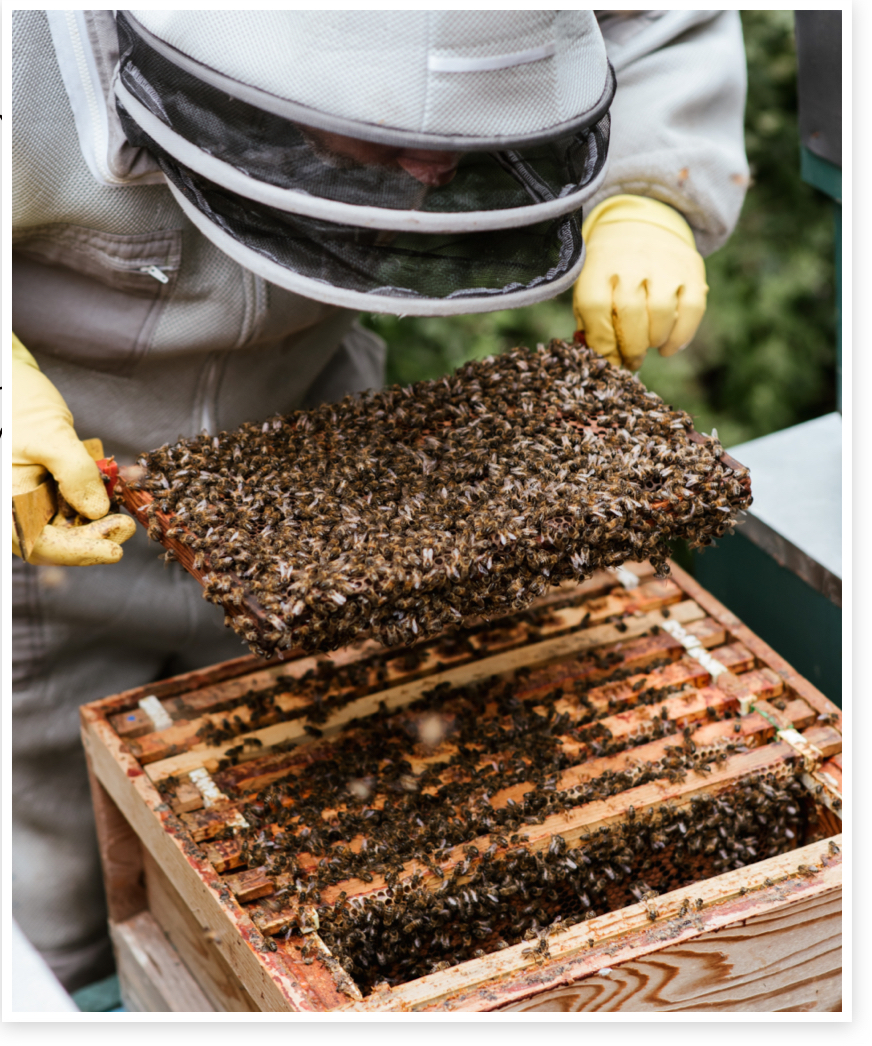
PURE UNADULTERATED HONEY
It goes without saying that many mass-produced honeys are sometimes adulterated by the addition of other sugars, syrups, or compounds to change the flavour or viscosity, reduce cost, or increase the fructose content to stave off crystallisation – also one of the main reasons that honey is sometimes pasteurised. This has been practiced since ancient times, when honey was sometimes blended with plant syrups such as maple or birch and sold to customers as pure. In modern times the most common adulterant became clear; almost-flavourless corn syrup and there has been much press coverage of this in recent times.
Storing raw honey is super simple. Even without preservatives, honey will keep virtually indefinitely in your kitchen cupboard. As hardy as raw honey is, it’s important to store it properly to preserve the taste, texture and quality. Store raw honey in an airtight glass jar. It’s also essential that the lid of the jar is secured properly and tightly. Keep it away from direct sunlight in a cool environment – inside a cupboard or larder is ideal.




